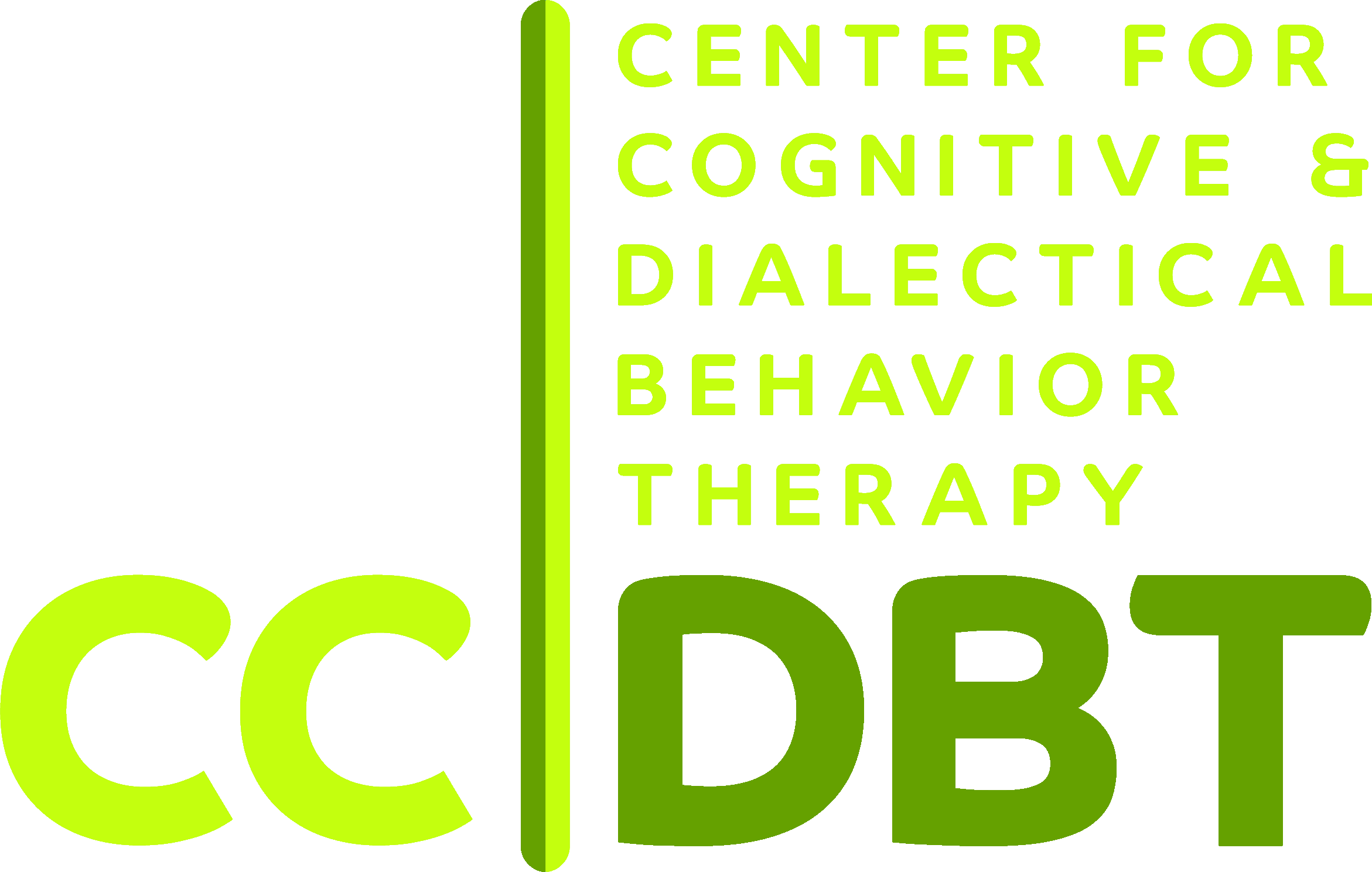Trauma-Focused Cognitive Behavior Therapy (TF-CBT)
TF-CBT consists of several core treatment components that are designed to be provided in a flexible and developmentally appropriate manner to address the unique needs of each child and family who have experienced traumatic events. It is a short-term, evidence-based treatment protocol that has been well-researched and shown to be effective in treating posttraumatic stress disorder (PTSD), depression, and behavioral problems (including sexual behavior problems) in children exposed to traumatic events. Research suggests the treatment may work in as few as 12 sessions. Of course, treatment may be provided for longer periods depending on the individual and family needs. Individual sessions for the child and for the parents, as well as joint parent-child sessions address the following topic areas:
- Providing psychoeducation to children and caregivers about the impact of trauma on children and common reactions to traumatic events
- Helping to identify and cope with a range of emotions
- Teaching and practicing coping skills
- Learning how to recognize the connections between one’s thoughts, feelings and behaviors, and how these may have been impacted by the trauma
- Encouraging children to share their traumatic experiences verbally, in writing, or in other developmentally appropriate ways
- Helping children and parents talk with each other about the traumatic event(s)
- Modifying inaccurate or unhealthy trauma-related thoughts or associations
- Helping caregivers develop skills for optimizing a child’s emotional and behavioral functioning

